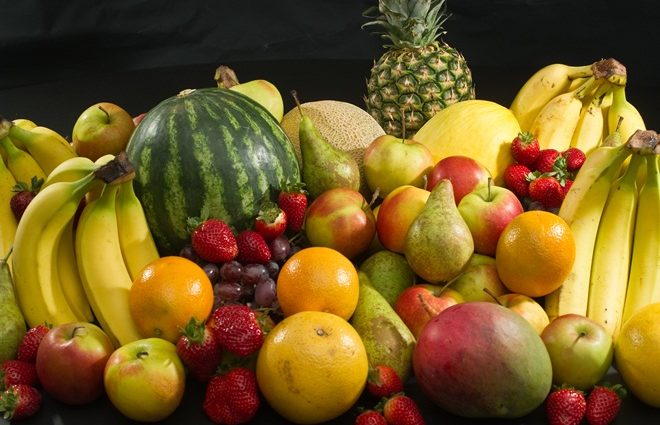Shweta Mahadik
Your diet plays a significant role in reducing the risk of developing Cancer. In the same way, consuming healthy food is important if you are being treated for, or recovering from Cancer. Here are some fruits that contain health-promoting compounds that may slow down Cancer growth and reduce certain side effects of the treatment.
Apples: Apples contain a variety of phytochemicals, including Quercetin, Catechin, Phloridzine, and Chlorogenic acid, which are all major antioxidants. Apples are a good source of dietary fibre and polyphenol compounds that work with gut microbes to boost Cancer-fighting defences. Many studies have found that consumption of Apples lowers risk of Estrogen Receptor i.e., negative form of Breast Cancer.
Oranges: Some citrus fruits, particularly Tangerines and Oranges, have anti-angiogenic and anti-tumour activity. It is noted that individuals who eat citrus fruits daily have lower risk of certain Cancers, including Lung Cancer, Colorectal Cancer and Stomach Cancer. Two flavonoids abundant in citrus fruits are Nobiletin and Ascorbic Acid (vitamin C), which have been shown to inhibit the growth and spread of tumours.
Cranberry: Cranberry contains Ursolic acid and Proanthocyanidins. Regular consumption of Cranberry extract inhibits the growth of Breast Cancer, Colon Cancer, Cervical Cancer, Glioblastoma, Leukaemia, Lung Cancer, Melanoma, oral cavity Cancer, Prostate Cancer and Renal Cancer cell lines.
Berries: Berries are a rich source of many nutrients such as vitamin A, C, E, Carotenoids, Folate, Calcium, Selenium, simple and complex phenols and phytosterols. Anthocyanosides and Resveratrol are one of the most active antioxidants found in Blueberries. These antioxidants have anti-Cancer effects, including radical scavenging activity, activation of phase II detoxifying enzymes, and decreased proliferation and inflammation of cells. Resveratrol, which is also found in the skin of red Grapes, also has several health benefits. It also displays chemotherapeutic properties such as anti-inflammation.
Try these tips for improving your Cancer therapy response;
If there is loss of appetite:
* Eat five or six small meals per day
* Start with high-protein diet while your appetite is strongest
* Keep favourite high-calorie foods and beverages within easy reach
* Try to be as physically active as much as you can be, to help stimulate your appetite
Nausea and Vomiting:
* Have small and frequent meals
* Eating foods and sipping on clear liquids at room temperature or cooler may be easier to tolerate
* Avoid high-fat, greasy, spicy, or overly sweet foods
* Avoid foods with strong odour
* Sip on beverages between meals rather than with meals
* For vomiting, avoid eating until vomiting is controlled then try sipping on small amounts of clear liquids such as broth or cranberry juice. It may also be beneficial to nibble on plain foods such as Bread, Khakra or Crackers
Fatigue:
Try to drink plenty of fluids. Being dehydrated can make fatigue worse. Aim for at least 8 cups of hydrating fluid each day unless advised to restrict fluids for another medical condition. Hydrating fluids include water, fruit juices, broth, soup, smoothies
Diarrhoea:
* Drink plenty of liquids such as water, fruit juices, soup broth, Lemon water, black tea with Lemon
* Eat small amounts of soft, bland foods.
* Include water soluble foods such as Bananas, Apple, Oats etc in our diet
Eating certain fruits rich in Vitamin C can significantly improve your health, especially during and after Cancer treatment. Many fruits provide antioxidants to help fight the growth of Cancer cells and may even offer other health benefits to help ease certain side effects of treatment. Enjoying these healthy fruits in combination with a well-rounded diet that includes vegetables, and legumes (beans), good whole grain choices include whole Wheat, Oats/oatmeal, Rye, Barley, brown Rice, Millets, etc., can get you started on the road to recovery.
Shweta Mahadik is Dietitian, Fortis Hospital, Kalyan

